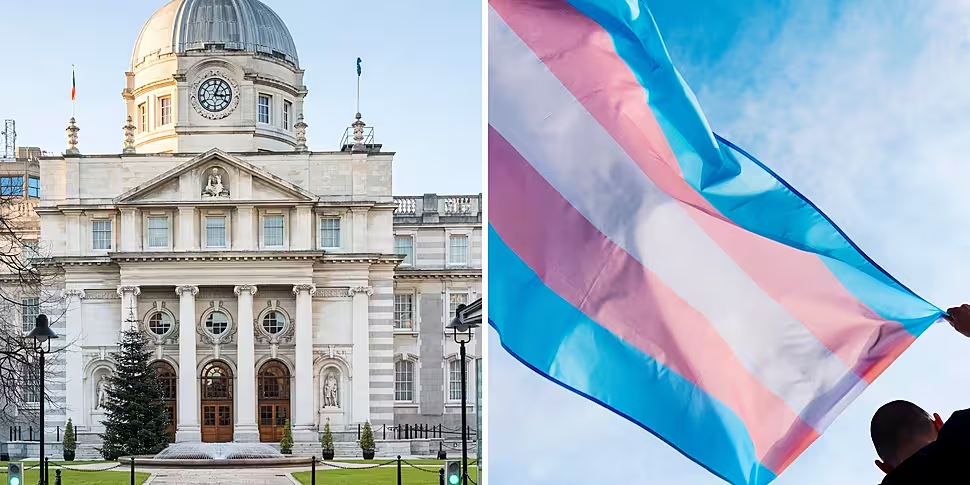Irish politicians are afraid to discuss child gender identity issues due to the threat of online backlash, according to psychotherapist Stella O’Malley.
She was speaking as clinicians from the National Gender Service (NGS) prepare to brief the Oireachtas on the care available to Irish patients seeking treatment for gender dysphoria.
On Newstalk Breakfast this morning, psychotherapist and author Stella O’Malley said there is a “huge lack of transparency” over how Irish children are being assessed and suggested some clinicians are “getting it wrong” by moving towards medicalised treatments too quickly.
She said today’s Oireachtas briefing is a “great idea” that will offer an opportunity for experts in the NGS to set out how the Irish health service can offer the best level of care.
She warned that many politicians are avoiding the discussion for fear of criticism online.
“I think they are fearful,” she said. “I think they see what happens and they see … it is only on Twitter really but it is really, pretty vicious on Twitter.
“People get attacked so much that politicians think, 'God this is above my pay grade; I don’t want this distress, I don’t want this sort of attack' - the National Gender Service has been attacked by lobby groups in Ireland.
“It is great that some of the politicians have found their integrity and realised actually, even if we are going to get attacked - which they will get - they still need to deal with this really thorny issue because there is a huge amount of really vulnerable people right at the centre of it.”
Tavistock
Currently, Irish children experiencing gender dysphoria present to their GP and can be referred on to their local CAMHS (Child and Adolescent Mental Health Service) or a primary care psychologist.
Those services can then refer them on to the Tavistock Clinic in the UK – which is due to be closed amid concerns over its ability to cope with the level of demand for its services.
It is being replaced with a regionalised network of gender identity centres across the UK.
That decision was taken based on recommendations from an independent review into Gender Identity Services for children and young people in the UK, led by Dr Hillary Cass.
The Cass Review found that long waiting lists were leaving young people “at considerable risk” of distress and deteriorating mental health and warned that not enough data is being collected on the use of puberty blockers and the long-term outcomes of the children going through the service.
In the ten years to 2021, more than 230 Irish children and young people were referred on to Tavistock.
Medicalised
Ms O’Malley said she believed some clinicians were “getting it wrong” by being too quick to offer children medicalised solutions.
“Some people are and certainly people who are fast-tracking are going too fast for these vulnerable children,” she said.
“I think they are getting it wrong. We don’t actually know what they need but we definitely do know that when you are that vulnerable you should go slow and very carefully.
“Be very, very gentle with it, rather than suggesting that there is a very good solution and it is medicalising your identity very quickly which could lead to infertility, sexual dysfunction and a huge amount of long-term impacts that the average 12 or 14-year-old just doesn’t understand the impact of.”
Gender dysphoria
The NHS defines gender dysphoria as a “sense of unease that a person may have because of a mismatch between their biological sex and their gender identity”.
It notes that: “Gender dysphoria is not a mental illness, but some people may develop mental health problems because of gender dysphoria.”
It adds: “Some people with gender dysphoria, but not all, may want to use hormones and sometimes surgery to express their gender identity.
The National Gender Service will brief the Oireachtas this afternoon.
You can listen back to Ms O’Malley here:









